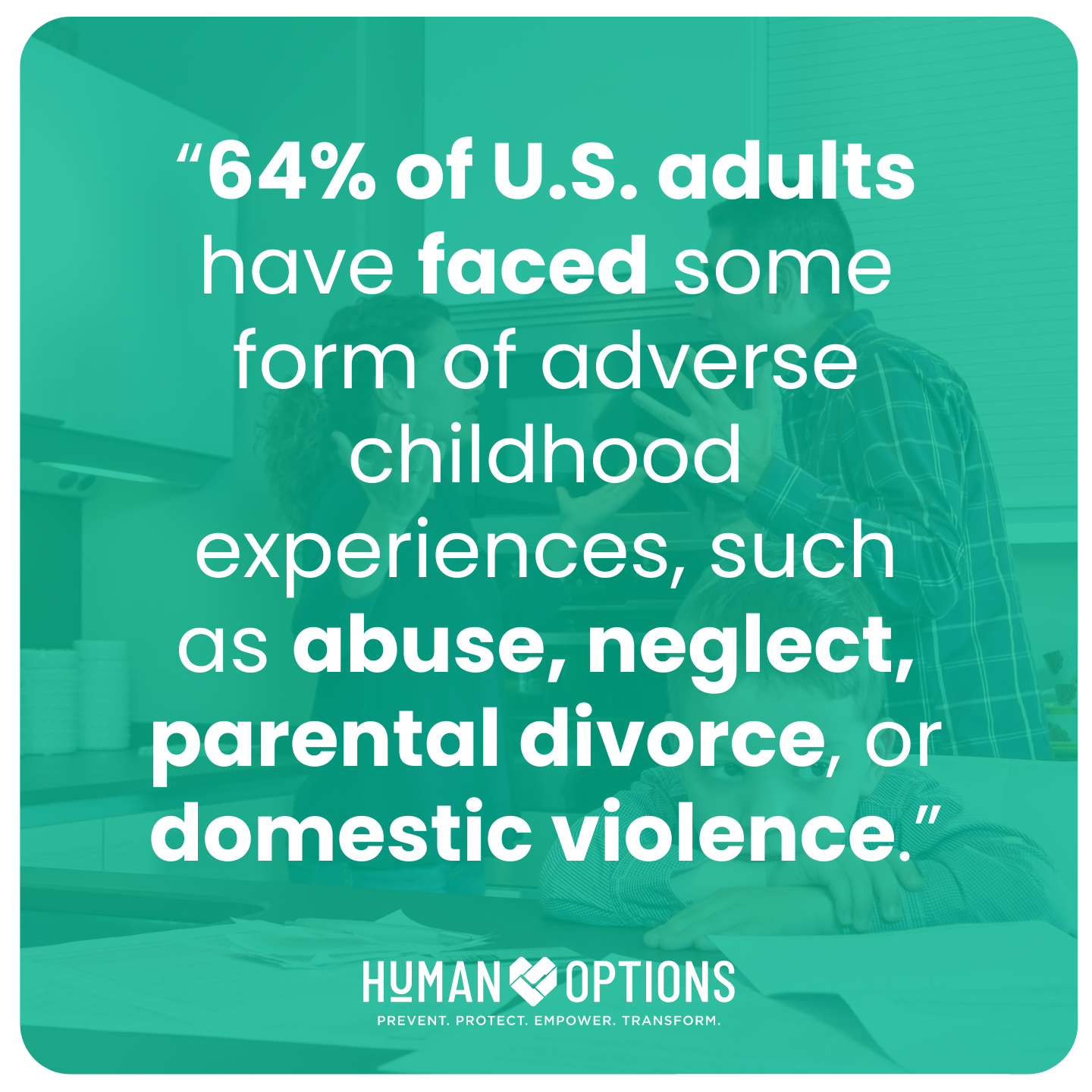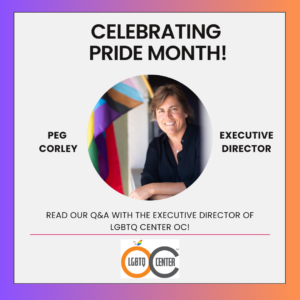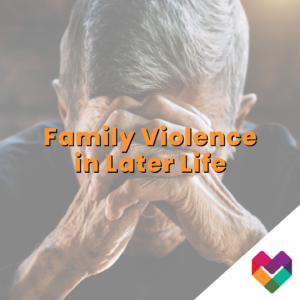By: Young Lin, LCSW, Clinical Director
Although April, designated as Child Abuse Prevention Month, has concluded, it remains crucial to acknowledge the profound impact our childhood experiences have on shaping who we are.
These moments shape our identities and perspectives for the rest of our lives. While we touched on the impact of childhood trauma last year, it’s worth revisiting: Studies have shown that 64% of U.S. adults have faced some form of adverse childhood experiences (ACEs), such as abuse, neglect, parental divorce, or domestic violence, and 16% have experienced four or more. What we know is that ACEs can significantly impact various aspects of an individual’s life, including their relationships and propensity for experiencing or perpetrating relationship violence. Research has shown a strong correlation between ACEs and relationship violence. Individuals who have experienced ACEs may struggle with forming healthy attachments, communication skills, and regulating emotions, all of which are essential for maintaining healthy relationships.
ACEs have a profound and long-lasting impact on an individual’s mental and physical health, especially on children whose developing brains are more sensitive to stress. This can change that child’s trajectory for the rest of their lives.
To gauge ACEs, adults undergo a standardized assessment. The higher the score, the greater the risk of future health issues. What profoundly affects one person and leads to underlying health issues may not affect another the same way. Keep this in mind, especially with your own children, as their reactions to trauma may differ from yours or even from their peers.
Identifying signs of trauma in children is crucial, as it may manifest as distraction, withdrawal, or reenactment of traumatic events, resembling symptoms of ADHD. If you suspect a child is enduring abuse, offering support, and connecting them with resources like Human Options can mitigate the long-term effects of ACEs through healing and counseling.
For individuals aged 18 and older with an ACEs score exceeding 3, research has found that mindfulness practices, such as meditation, therapy, artistic expression, physical activity and maintaining a gratitude journal, can help alleviate the health risks associated with ACEs into adulthood.
Take a moment to assess your ACE score with the quiz linked here.
If you or someone you know is experiencing violence, help is available. Reach out to 877-854-3594 or visit www.humanoptions.org for assistance. Healing is possible, and support is always within reach for anyone in need.








